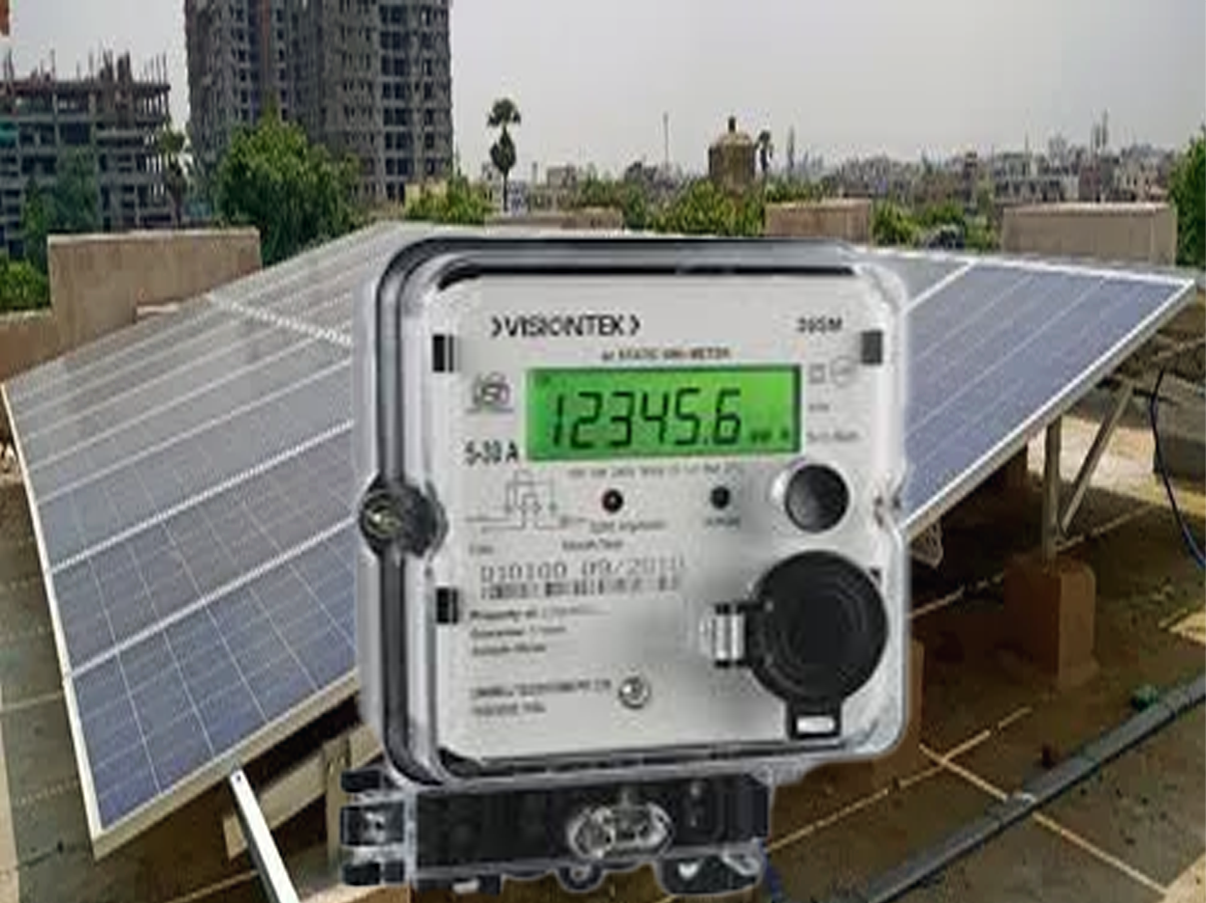Mohsin Siddiqui (Chief Reporter)
The Federal Board of Revenue (FBR) is grappling with a significant estimated shortfall of Rs175 billion in the current fiscal year (2023-24). This shortfall arises from the suspension of new tax measures, aimed at taxing the wealthy, by superior courts.
“We have informed Prime Minister Shahbaz Sharif about the amount stuck due to decisions by superior courts,” a tax official said. The collection of super tax and windfall income tax has been halted by court orders. According to the official, around 90% of the cases pending in courts involve large taxpayers, including banks and multinational corporations. The FBR remains optimistic that taxes from these entities will be collected in the last ten days of this month, with assistance sought from the Attorney General for Pakistan in resolving these legal challenges.
In the previous budget, the government introduced new tax measures targeting wealthy taxpayers, totaling more than Rs400 billion. “We have requested the prime minister to resolve these cases before June 20,” the official stated. Failure to resolve these issues could result in missing the revenue collection target of Rs9.42 trillion for the current fiscal year by a substantial margin.
In February this year, the Supreme Court directed wealthier taxpayers to deposit 50% of the super tax. Despite this, the shortfall is now expected to be under Rs200 billion, according to the tax official.
As of 11 months into FY24, the FBR has collected Rs8.122 trillion against a target of Rs8.162 trillion. To meet the FY24 budgetary target of Rs9.415 trillion, the FBR will need to raise Rs1.253 trillion this month. Initially, the June target was projected at Rs1.178 trillion, but it now includes an additional Rs75 billion due to the backlog from previous months.
The Finance Division, FBR, and the International Monetary Fund (IMF) have differing revenue collection targets for FY 2024-25. Each has different projections based on their calculations. According to the official, there is a disagreement regarding the taxation measures for the upcoming budget, with the impact of these differences ranging from Rs500 billion to Rs1.8 trillion in monetary terms.
To generate more revenue, the government plans to increase current tax rates and eliminate sales tax exemptions, which is a politically sensitive matter. FBR estimates suggest that autonomous revenue collection, based on GDP growth and inflation, will be around Rs11.50 trillion in FY25. Additionally, the federal government will review the revenue measures in consultation with the IMF for the next fiscal year.
During recent IMF technical meetings, the FBR revenue target was projected to be between Rs12.4 trillion and Rs12.6 trillion, based on expenditure projections. However, the Finance Division’s initial estimate for FY25 is Rs13 trillion. In contrast, the FBR has projected revenue collection to be Rs12 trillion for 2024-25. The final revenue collection target will be determined by the Finance Division, according to the official.
The actual tax target will be set when the government releases numbers for inflation and GDP growth. The government will also need to boost imports in the next fiscal year to meet revenue targets.
The IMF has recommended matching the salary slabs to the incomes of pensioners, but no final decision has been made yet. The Fund has also urged the FBR to collect taxes from traders and wholesalers, who are currently not significantly contributing to tax collection. The IMF’s focus is on sales and income taxes, particularly withholding taxes. Currently, sales tax exemptions exceed Rs1.2 trillion.
The government faces a challenging decision in potentially revoking exemptions for essential items such as food, international agreements, and pharmaceutical products. Items like insecticides and solar panels may also be subject to sales tax.
The government is expected to raise existing withholding tax rates and introduce new ones, such as reviving the tax on cash withdrawals from banks. Moreover, the Finance Ministry is considering imposing a tax on the import of previously exempted raw materials while increasing tax rates on existing ones.




